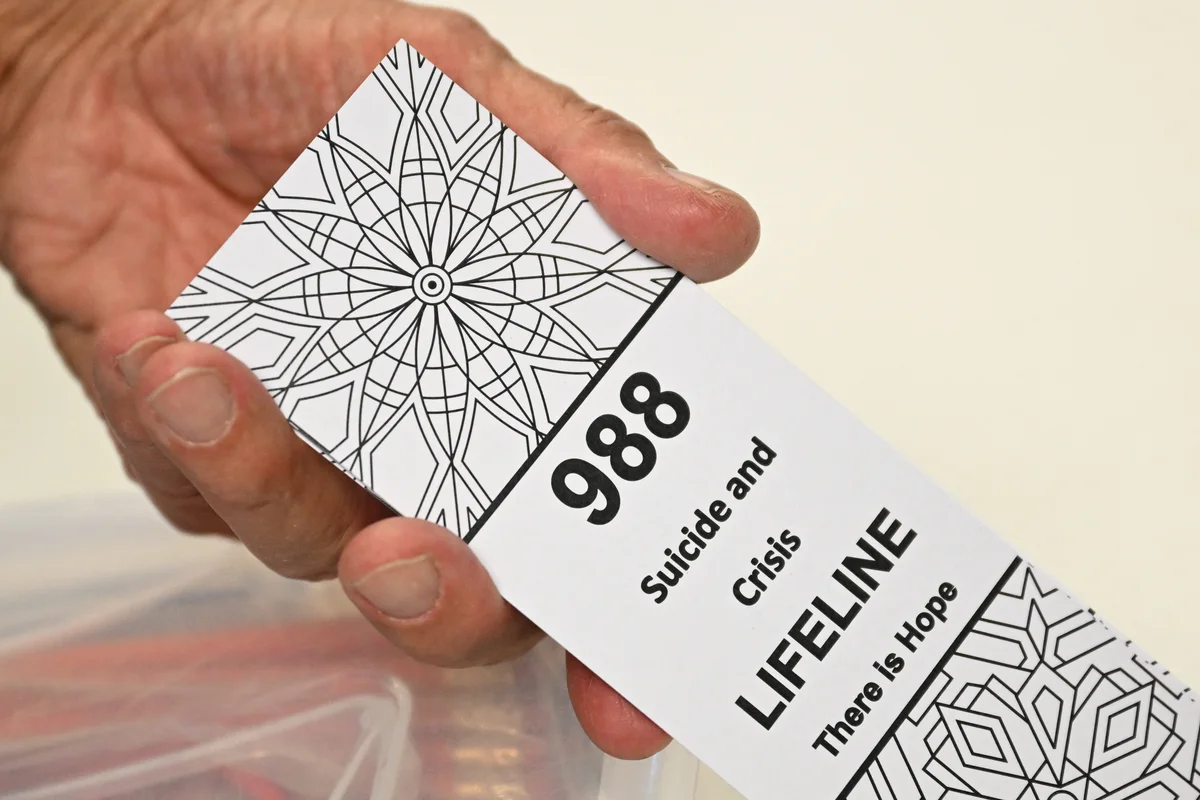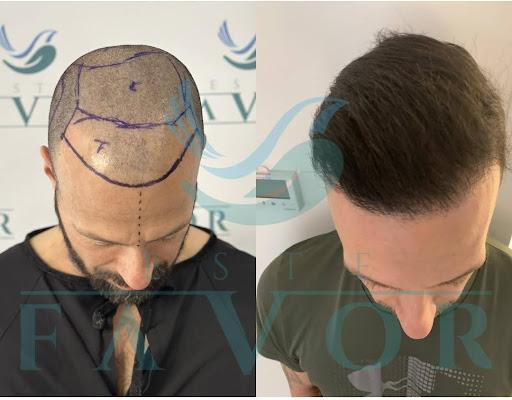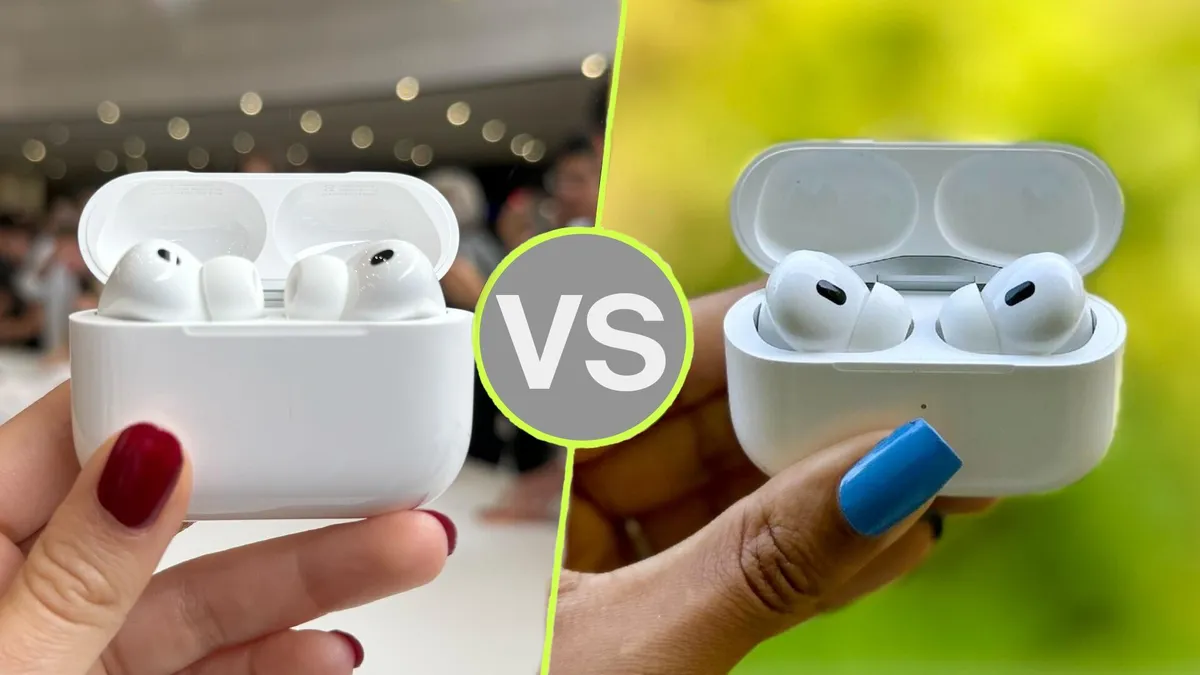Family forced to take out $25K loan and sell rare collectibles when teen’s insurance denied mental health care after suicide attempt
By Rachel Dobkin
Copyright independent

A Michigan family took out a $25,000 loan and sold rare collectibles when their teen’s insurance denied mental health care after he attempted suicide.
Johnathan Benz-Bushling, a 16-year-old who lives in Stephensville, has struggled with depression and substance abuse, as reported by NBC 10 Philadelphia, which interviewed the family about their ordeal. In February, he attempted to take his own life.
Johnathan’s depression became noticeable in 2022 as he withdrew from his family and began vaping marijuana.
Johnathan’s father, Nick, said, “It got to the point where he had to be escorted everywhere that he went,” but “he was still finding ways to get THC vapes into our house, and he couldn’t get through a school day without getting high.”
One day earlier this year, Johnathan, who had been suspended from school, found his parents’ alcohol hidden in their bedroom closet. His parents returned home from work to find Johnathan passed out after getting blacked out drunk.
When Johnathan woke up, he attempted suicide.
“I was upset that I disappointed my parents, because I knew they expected better for me and that I could be better,” Johnathan said.
Nick and his wife, Misty, rushed their son to the emergency room, and he was later taken to an inpatient facility in Grand Rapids.
A doctor recommended residential treatment, and the Benz-Bushlings found a spot for Johnathan at Newport Academy in Washington.
But five days after Johnathan was placed at Newport Academy, his insurance notified the Benz-Bushlings they would not cover his treatment.
The letter that the family received said the treatment was “not medically necessary” and that “treatment could be provided in a less restrictive level of care,” NBC 10 reported.
But discharge papers from the facility stated, “Patient too unstable to function outside of hospital. Patient’s treatment needs cannot be expected to be met in a lower level of care,” according to the news outlet.
Misty recalled talking to a care coordinator who asked if she could help find a local therapist for Johnathan.
“And I was angry, I was upset, and I was crying, and I told her, if my son comes home now, he will end his life, and the blood will be on your hands,” Misty said.
The family is self-insured through Nick’s job at American Electric Power, and Quantum Health is responsible for determining coverage eligibility, as outlined in their insurance plan, NBC 10 reported.
Quantum told NBC News: “When reviewing requests for behavioral health services, we are obligated to follow the terms of the specific Plan, including its rules for ‘medical necessity’ and ‘appropriate level of care’ based on nationally recognized criteria, such as InterQual and Locus.”
The company made clear it is “not an insurer, insurance company or provider. We provide healthcare navigation and care coordination services to members on behalf of their employer’s health and welfare benefits program.”
The Benz-Bushlings appealed Quantum’s decision several times, but were still denied coverage.
When reached for comment by The Independent Quantum said: “While we can’t discuss specifics about members’ health circumstances, we understand the importance of mental health and wellbeing and empathize with the toll it takes on families.
“We are committed to continuing to assist families with finding necessary care that is covered under the terms of their group health plan.”
The family was able to negotiate a discounted rate for Johnathan’s treatment at Newport Academy. But they were only able to afford for Johnathan to stay there for seven weeks, instead of the recommended nine weeks.
Johnathan’s treatment cost the Benz-Bushlings tens of thousands of dollars, leading them to take out a high-interest loan for $25,000 and sell Nick’s collection of first-edition Stephen King novels.
The cost also took a toll on Johnathan’s siblings, as Nick and Misty’s oldest daughter had to switch colleges since they couldn’t afford to help with her tuition, and they had to cut back on going out to eat and going to the movies.
The Benz-Bushlings threatened to sue American Electric Power to recover their out-of-pocket expenses. But that dispute has been resolved.
“We are pleased that the family was able to resolve their concerns and that we were able to assist,” American Electric Power told The Independent. “AEP offers benefit plans that include access to a broad range of healthcare, including mental health services. In doing that, AEP does not play a role in determining what treatment is provided to any covered individual or in communicating determinations that are made under our plans.”
Johnathan said that while he was “upset” his parents had to foot the bill for his treatment, he was also “really grateful.”
If you or someone you know is facing mental health struggles, call 988 to reach the Suicide and Crisis Lifeline.



